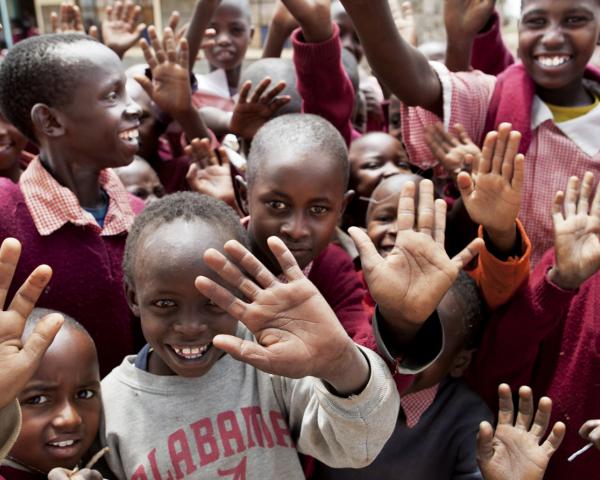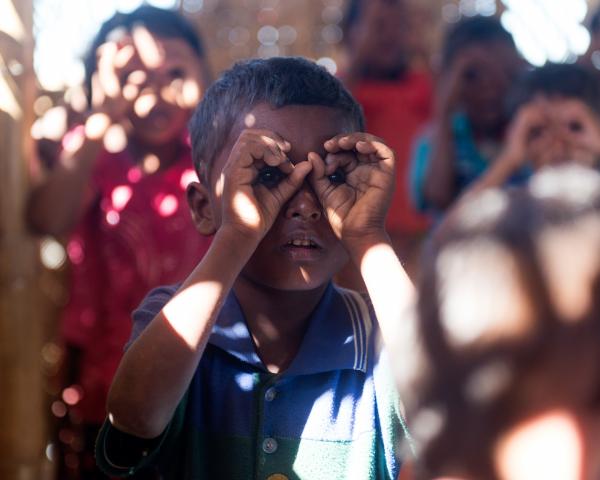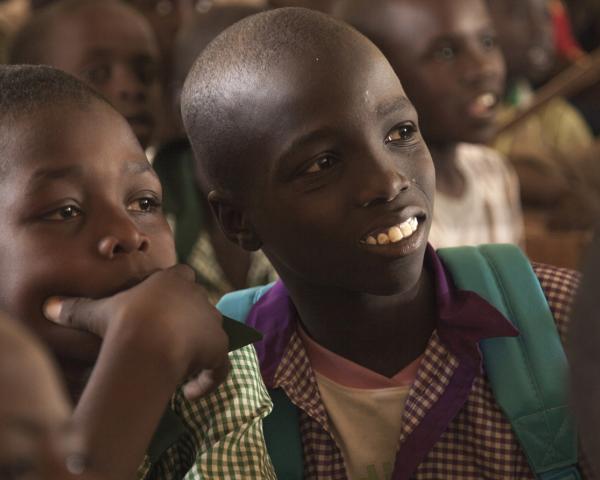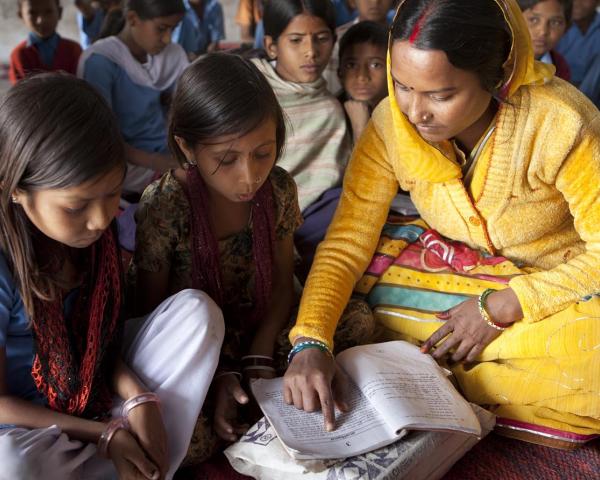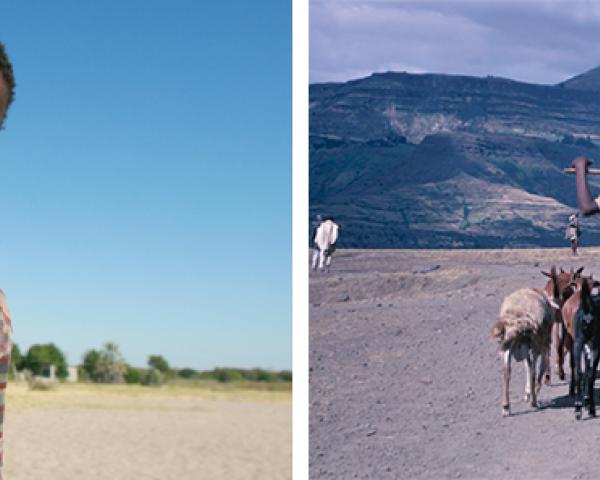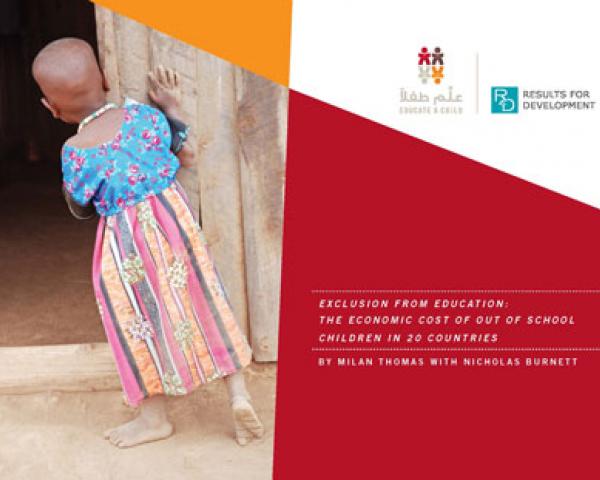Ilm-Possible: Take a Child to School Phase II
Project Status
As in Phase I, the project will engage community stakeholders by recruiting and training youth volunteers/‘Ilmbassadors’, Mohalla Committees (existing and newly established) and teachers to play an enhanced role in their communities. Additionally, the project will expand the Life Skills & Sports Engagement (DOSTI) programming to new project schools. An advocacy and accountability component will also be instituted through the training of Mohalla Committees, comprised of community members, to evaluate the performance of public schools and engage government stakeholders for improved service delivery. Furthermore, Phase II commits to monitor and support the retention of OOSC, enrolled from Phase I, through the primary cycle.
In addition, the Phase II initiative’s principal goals are to: 1) increase the number of better informed parents committed to enrolling OOSC and maintaining retention; 2) establish a strong sense of ownerships amongst community stakeholders and parents who facilitate access to schools and enrolment; 3) create a positive learning environment through life skills and sports (DOSTI) encouraging retention; and 4) prepare teachers to play leadership roles in the communities in which they serve.
The prime components of the TACS Phase II project’s sustainability strategy overlap and rest on community ownership, training and capacity building. Mohalla Committees will be trained to run enrolment drives in partnership with local education officers, budgetary oversight, stakeholder mapping and fundraising. Moreover, the project foresees that, through the training and empowerment of Mohalla Committees, a climate of information/accountability-seeking behavioural changes will manifest and impact government policy.







